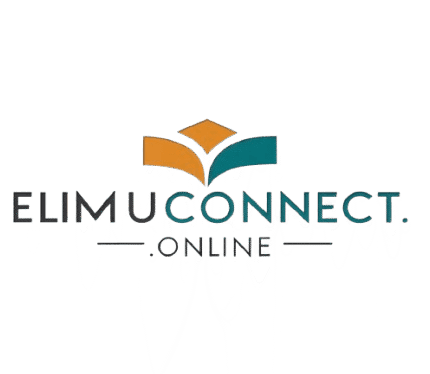Navigating Tanzania’s Top Private Schools for 2025 and Beyond
Choosing the right school for your child is a momentous decision, a process demanding careful consideration of curriculum, facilities, extracurricular activities, and overall ethos. In Tanzania, the private school landscape offers a diverse range of options, each with its own strengths and specializations. This guide aims to illuminate the key factors to consider when selecting a private school in Tanzania for the 2025 academic year and beyond, focusing on some of the leading institutions known for their academic excellence and holistic approach to education.
Academic Excellence and Curriculum Variety
A cornerstone of any successful school is its academic program. Top-tier private schools in Tanzania often offer a blend of international curricula, such as the International Baccalaureate (IB) and Cambridge International Examinations (CIE), alongside the national Tanzanian curriculum. The IB program, for instance, is known for its rigorous and internationally recognized standards, fostering critical thinking and independent learning. CIE offers a similarly reputable pathway, preparing students for university entrance worldwide. Parents should carefully weigh the advantages of each curriculum, considering their child’s learning style and future aspirations. Some schools offer specialized programs in areas like STEM (Science, Technology, Engineering, and Mathematics), arts, or sports, catering to diverse talents and interests. Exploring the specific curriculum details of each school is crucial before making a decision.
Beyond the Books: Extracurricular Activities and Holistic Development
While academics are paramount, a truly exceptional school nurtures the whole child. Look for institutions that offer a robust extracurricular program encompassing sports, arts, music, and community service. Participation in these activities fosters teamwork, leadership skills, creativity, and a sense of social responsibility. A well-rounded education goes beyond textbook learning; it cultivates well-adjusted, confident, and engaged individuals ready to navigate the complexities of the world. Inquire about the range and quality of extracurricular offerings when researching potential schools. Consider your child’s interests and how the school can help them flourish beyond the classroom.
Facilities and Infrastructure: A Supportive Learning Environment
The physical environment plays a significant role in a child’s learning experience. Modern, well-equipped classrooms, science laboratories, libraries, and computer labs are all indicators of a school’s commitment to providing a stimulating and supportive learning environment. Beyond the academic facilities, consider the safety and security measures in place. A secure campus with adequate supervision is essential for parental peace of mind. Visit prospective schools in person to assess the facilities firsthand. Observe the cleanliness, organization, and overall atmosphere of the campus. A well-maintained and welcoming environment contributes significantly to a positive learning experience.
Teacher Quality and Student-Teacher Ratio: Personalized Attention
The quality of the teaching staff is undoubtedly one of the most critical factors in a school’s success. Look for schools that employ highly qualified and experienced teachers passionate about their subject matter and dedicated to student success. A low student-teacher ratio allows for more individualized attention and personalized support, enabling teachers to cater to diverse learning styles and needs. Research the qualifications and experience of the teaching staff at each school. Consider the school’s teacher retention rate – a high retention rate suggests a positive and supportive work environment that attracts and retains excellent educators.
Choosing the Best Fit: Factors Beyond Academics
While academic excellence is crucial, the overall fit between your child and the school’s ethos is equally important. Consider the school’s values, its approach to discipline, and its commitment to inclusivity and diversity. Visit the schools, speak to current students and parents, and get a feel for the school’s culture. A positive and supportive school community can significantly impact your child’s academic progress and overall well-being. Remember that the “best” school is subjective and depends on your family’s values and your child’s individual needs and learning style.
Tanzania’s Leading Private Schools: A Glimpse into Excellence (Illustrative Examples, Not an Exhaustive List)
While providing a definitive ranking of “the best” is subjective and depends on individual priorities, several private schools in Tanzania consistently receive high praise for their academic rigor, holistic approach, and outstanding facilities. These institutions often attract students from diverse backgrounds and offer a stimulating and supportive learning environment. Thorough research, including visiting schools and talking to current parents and students, is essential before making a final decision. Specific school names are omitted here to avoid creating a perceived ranking, as this information changes rapidly and depends heavily on individual needs and preferences. However, researching schools in major cities like Dar es Salaam and Arusha will reveal a wealth of excellent options.
Choosing the right private school for your child in Tanzania is a significant undertaking. By carefully considering the factors outlined above, and by conducting thorough research and visiting prospective schools, you can make an informed decision that sets your child on the path to a bright and successful future. Remember that the best school is the one that best meets your child’s individual needs and learning style, fostering their growth and development into a well-rounded and confident individual.
